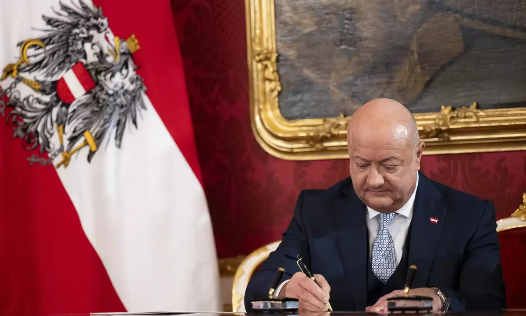Payment is being processed. Please do not refresh or close this page until your payment is complete.
 Book an Appointment
Book an Appointment

Austria's government has announced a temporary suspension of family reunification procedures for migrants, particularly those with protected status, such as refugees and asylum seekers.
This decision is based on concerns regarding the country's capacity to absorb new arrivals and the government's focus on integrating migrants who are already in Austria.
Key Points of the Decision:
Reason for Suspension:
The Austrian government has stated that the country is facing challenges in accommodating and integrating migrants who are already in Austria.
Authorities argue that the absorption capacity is limited, meaning that bringing in additional family members could strain resources such as housing, social services, and education.
Who is Affected?
This decision primarily impacts migrants who have been granted protected status, including refugees and asylum seekers.
These individuals will not be allowed to bring their family members (such as spouses, children, or parents) to Austria until further notice.
Duration of the Suspension:
The government has not specified how long this measure will remain in place. It is being presented as a temporary step, but further evaluations may determine if it will be extended or modified.
Political and Social Impact:
This move is expected to generate significant debate, with human rights organizations and migrant advocacy groups likely to criticize it for violating family rights.
The government, on the other hand, argues that this measure is necessary to ensure better integration of existing migrants and prevent overburdening the system.
Background Context:
Austria, like many European countries, has been dealing with increased migration over the past decade, particularly due to conflicts in the Middle East, Africa, and other regions.
Migration policies have been a contentious issue, with debates over how to balance humanitarian responsibilities with economic and social concerns.
This recent policy shift reflects a broader trend in Europe, where several governments have tightened immigration policies in response to rising public concerns over migration and integration challenges.
Source :- https://economictimes.indiatimes.com/nri/migrate?from=mdr